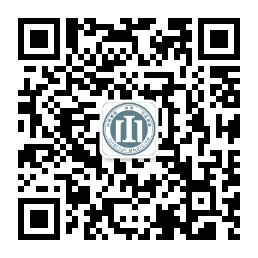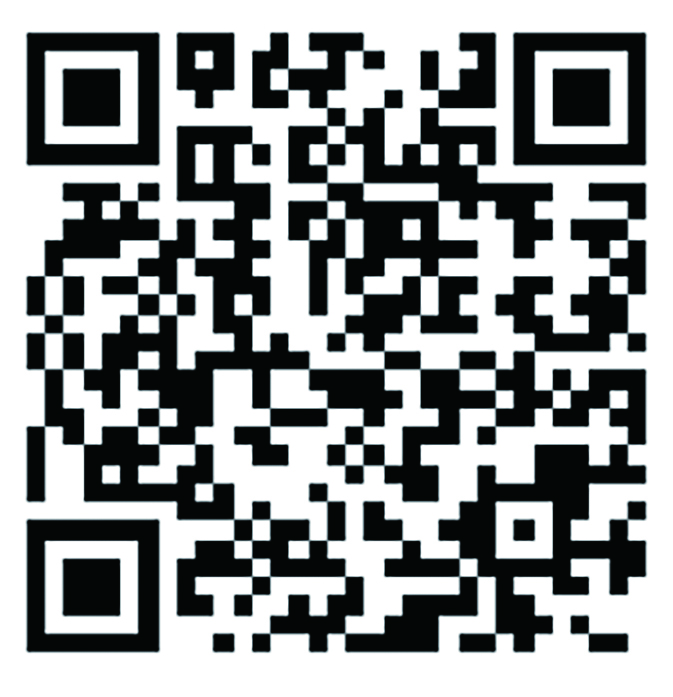目的 探究体外反搏在高龄睡眠障碍患者中的应用效果及安全性。方法 选取100例高龄睡眠障碍患者作为研究对象,随机将患者分为观察组和对照组,各组50例。在常规睡眠卫生教育的基础上,观察组接受体外反搏治疗,对照组接受阿普唑仑片治疗,均治疗14 d。采用匹兹堡睡眠质量指数(PSQI)、焦虑自评量表(SAS)、抑郁自评量表(SDS)及生命质量测定量表(QOL-C30)中的功能领域子量表,分别评估患者的睡眠质量、焦虑状况、抑郁状况及生活质量。比较两组治疗前、治疗14 d后的PSQI评分、SAS评分、SDS评分、QOL-C30功能领域子量表各维度评分,以及治疗期间的不良反应总发生率。结果 治疗前,两组PSQI、SAS、SDS评分及QOL-C30功能领域子量表各维度评分差异均无统计学意义(均P>0.05);治疗14 d后,观察组PSQI、SAS、SDS评分均低于对照组,且QOL-C30功能领域子量表各维度评分均高于对照组(均P<0.05)。观察组治疗期间不良反应总发生率低于对照组(P<0.05)。结论 体外反搏能有效改善高龄睡眠障碍患者的睡眠质量和生活质量,减轻其焦虑和抑郁症状,并具有较高的安全性。
内科 页码:148-152
作者机构:1 中国人民解放军联勤保障部队第九二三医院老年病科,广西南宁市 530020;2 广西国际壮医医院检验科,南宁市 530201
基金信息:广西壮族自治区中医药管理局自筹经费科研课题(GXZYA20240387,GXZYA20220163);广西壮族自治区卫生健康委员会自筹经费科研课题(Z2013536,Z-A20221028,Z-A20231084,Z-A20221038) 通信作者:银晓端
- 中文简介
- 英文简介
- 参考文献
Objective To explore the application effect and safety of external counterpulsation in elderly patients with sleep disorders. Methods A total of 100 advanced-age patients with sleep disorders were enrolled as the research subjects and randomly divided into an observation group or a control group, with 50 cases in each group. On the basis of routine sleep hygiene education, the observation group received external counterpulsation treatment, while the control group received alprazolam tablets, both for 14 days. The Pittsburgh sleep quality index (PSQI), Self-Rating Anxiety Scale (SAS), Self-Rating Depression Scale (SDS), and the functioning domain subscale of the Quality of Life Questionnaire-Core 30 (QOL-C30) were used to evaluate patients' sleep quality, anxiety, depression, and quality of life, respectively. The PSQI score, SAS score, SDS score, and scores of each dimension in the functioning domain subscale of QOL-C30 before and after 14 days of treatment, as well as the total incidence of adverse reactions during treatment, were compared between the two groups. Results Before treatment, there was no statistically significant difference in PSQI score, SAS score, SDS score, or each dimension score in the functioning domain subscale of QOL-C30 between the two groups (all P>0.05). After 14 days of treatment, the PSQI, SAS, and SDS scores in the observation group were lower than those in the control group, while scores of each dimension in the functioning domain subscale of QOL-C30 were higher than those in the control group (all P<0.05). The total incidence of adverse reactions during treatment was lower in the observation group than in the control group (P<0.05). Conclusion External counterpulsation can effectively improve quality of sleep and life, reduce anxiety and depression symptoms in advanced-age patients with sleep disorders, and has high safety.
-
无




 注册
注册 忘记密码
忘记密码 忘记用户名
忘记用户名 专家账号密码找回
专家账号密码找回 下载
下载 收藏
收藏
